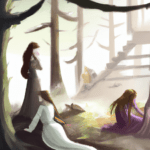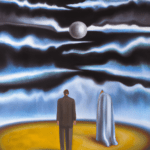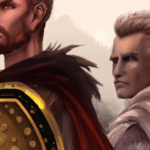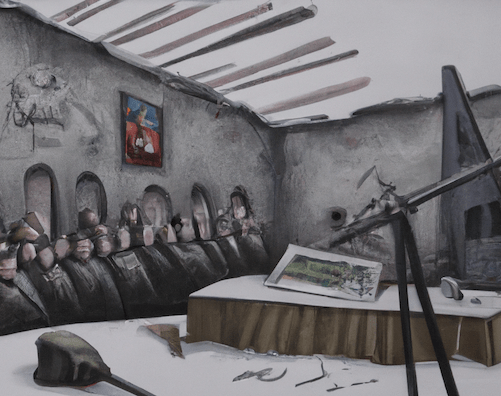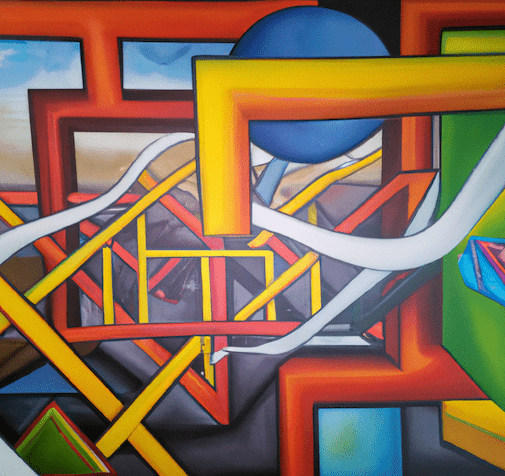The concept of a multiverse has captured the imagination of scientists and laypeople alike for decades. It’s a fascinating idea that there might be multiple universes existing in parallel to our own, each with its own distinct physical laws and possibilities. In this blog post, we’ll dive into exploring the multiverse and what it could mean for our understanding of the universe.
Exploring the Multiverse
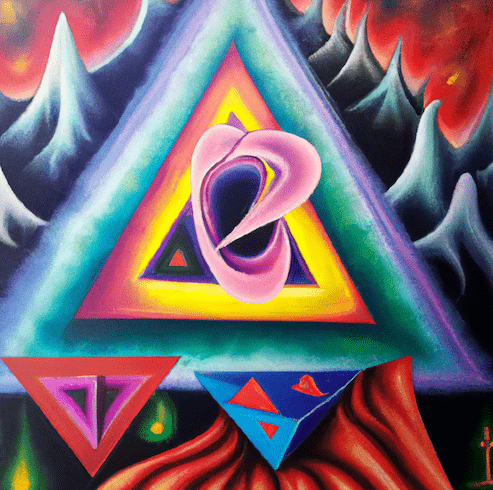
The idea of a multiverse can be traced back to ancient civilizations, where myths and legends often depicted multiple realms or dimensions existing in harmony with one another. However, it wasn’t until the 20th century that the concept of a multiverse was introduced in a scientific context.
In the 1950s, physicist Hugh Everett proposed the Many-Worlds Interpretation (MWI) of quantum mechanics, which posited that every time a quantum event occurs, it splits the universe into multiple versions of reality, each with a different outcome. This idea was later expanded upon by other physicists, who proposed that the MWI could be applied to the entire universe, leading to the idea of a multiverse.
Another theory of the multiverse is the idea of parallel universes, also known as the “many-worlds” theory. According to this theory, there are an infinite number of universes existing alongside our own, each with its own distinct physical laws and properties. This theory suggests that there could be countless versions of ourselves living out different lives in these parallel universes.
A third theory is the idea of the “branching universe,” which suggests that there are an infinite number of universes that exist in a tree-like structure, branching off from one another. This theory proposes that every time a quantum event occurs, it creates a new universe that branches off from our own.
There are also several theories that propose the existence of a “multiverse of bubbles.” According to this idea, there are an infinite number of universes existing inside separate “bubbles,” each with its own physical laws and properties. This theory suggests that our own universe is just one of many, each existing in its own bubble, completely isolated from one another.
While the concept of a multiverse is intriguing, it’s also highly speculative and there’s currently no scientific evidence to support its existence. However, many scientists believe that the concept of a multiverse is not only possible, but that it could have significant implications for our understanding of the universe.
For example, if there are multiple universes, it could help explain some of the mysteries of our own universe, such as the fine-tuning of physical constants and the apparent fine-tuning of the initial conditions of the universe for life. It could also help explain why there’s no evidence of extraterrestrial life, as it’s possible that life may exist in other universes, but we simply can’t detect it.
Moreover, if a multiverse exists, it would also change our understanding of causality, as events in one universe may have no bearing on events in another universe. It would also challenge our understanding of the nature of reality, as it would suggest that our universe is just one of many, each with its own unique physical laws and properties.
The concept of a multiverse is a fascinating idea that has captured the imagination of scientists and laypeople alike for decades. While there’s currently no scientific evidence to support its existence, it’s still an intriguing and thought-provoking idea that could have significant implications for our understanding of the universe. Whether or not a multiverse exists, it’s a concept that will continue to capture our imagination for generations to come.
Keywords: multiverse, parallel universes, many-world, exploring the multiverse, fun exploring the multiverse, fiction and exploring the multiverse, exploring the multiverse through fiction, exploring the multiverse through science fiction, exploring the multiverse through fantasy
Check out our Novel Writing Workbooks
Check out Little Tree Food Forest for articles on food forests and homesteading.
Check out FoodieScapes for articles on growing, fermenting and preserving food
Check out StoryScapes.World for articles on writing.
Subscribe to our newsletter to get information delivered to your inbox on how to write a book, outlining your novel, keeping journals, marketing your novel, self-publishing, writing poetry and more.



